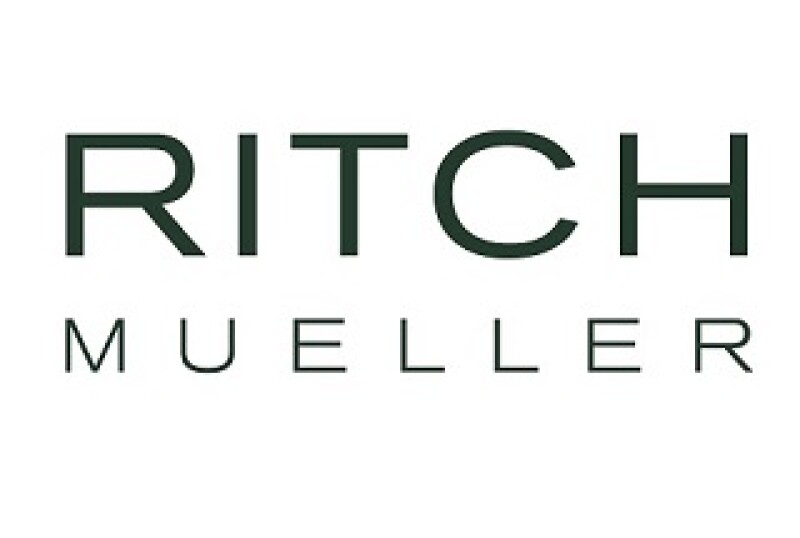
Taxation issues related to the fluctuation of the Mexican peso have been more significant over the past few months, as the peso has fluctuated dramatically in both directions with respect to the US dollar. Since early 2016, the Mexican peso has floated up and down from MXN 17.35 per US dollar until reaching a new maximum of MXN 21.91 per US dollar. Nowadays, the currency has recovered to reach a level lower than MXN 18 per US dollar but has maintained its continuous float.
Mexico lacks a functional currency election for tax purposes, which impacts the effective tax rate of an investment regardless of the actual return that it might generate in its functional currency. Main tax impacts come from the following tax rules:
Foreign exchange fluctuations on monetary assets and liabilities need to be recognised on an accrual basis as taxable or deductible interest;
Tax basis of shares and depreciable assets are fixed in Mexican pesos on day the actual investment is made;
Net operating losses for tax purposes are also fixed in Mexican pesos on the day they are incurred, and
Tax attributes, such as paid in capital account or after-tax retained earnings account, which are relevant to making tax-free distributions from a Mexican company, are likewise fixed in Mexican pesos on the day equity is paid or taxes are paid, respectively.
In line with economic theory, inflation is also recognised in Mexico for tax purposes. Thus, in principle, inflationary adjustment creates the opposite tax effect to the foreign exchange rate, by recognising an inflation income on assets or loss on monetary liabilities, as well as escalating the tax basis and attributes of the taxpayer. Nevertheless, in practice, the Mexican Consumer Price Index never follows the same pattern as the foreign exchange rate, which creates a real problem for the investors that not only need to hedge their possible currency exposure in Mexico but also how their effective tax rate position will be affected by the fluctuation of the Mexican peso.
Even if foreign currency is used to fund an investment, capital contributions should be recognised in Mexican pesos on the day the equity is paid. In the event of a devaluation, which is normally expected in the mid-long term, the tax value of the paid-in capital should be negatively impacted, preventing companies from performing tax-free capital redemptions for an amount equivalent to the actual amount invested in foreign currency.
The reduction of the paid-in capital tax shield could have a significant impact for capital intensive projects, such as large real estate, energy, and infrastructure projects, as it would affect their ability to distribute available free cash-flow until the project starts to generate taxable profits.
Similarly, the purchase price of depreciable assets and net operating losses are fixed in Mexican pesos, which implies that in the long run, taxpayers that recoup the same amount of foreign currency they invested, might end up paying taxes because of the Mexican peso devaluation.
Following the same reasoning, the capital gains are affected, since the tax basis of shares is also fixed in Mexican pesos. Therefore, built up capital gains may exist in Mexican pesos while they might be inexistent in foreign currency.
Debt financing is commonly used in tax planning to shift profits from one jurisdiction to another as a result of the interest expense it creates. However, in the case of Mexico, it can be primarily used as a way to mitigate tax exposure resulting from foreign currency fluctuations and trapped cash problems.
Mexico has a very strict policy on the deduction of interest accrued from inter-company debts. It has incorporated into its legislation the arm’s-length principle, thin capitalisation rules, dividend characterisation rules, anti-hybrid regulations, among others. However, debt instruments are still a very good and often used alternative to hedge the tax exposure from the Mexican peso float.
The primary consequences of a leveraged structure could be outlined as follows:
Principal amount of debt could be maintained in foreign currency, which protects the ability to distribute available free cash-flow;
Foreign exchange losses on the principal amount of debt could be claimed as an interest deduction on an accrual basis in order to hedge the tax basis of assets and the amount of net operating losses;
Principal amount could be converted into equity prior to a sale of shares, which protects the tax basis of the shares, or a debt transfer outside Mexico could be performed without tax consequences in Mexico; and
The taxpayer may elect between interest and non-interest bearing debt instruments, which could eliminate withholding taxes and risks associated with the interest deduction.
Undoubtedly, the pros and cons of a funding structure should be correctly weighted given the significant implications that it might represent. Identifying the most suitable strategy would necessarily require performing a case-by-case analysis based on well-developed projections not only for the project´s level cash-flow but also, for shareholders’ cash-flow.
This article was written by Oscar A. López Velarde and Diego Alan Hernández Barrios of Ritch, Mueller, Heather y Nicolau, S.C.
Oscar A. López Velarde (olopezvelarde@ritch.com.mx)
Diego Alan Hernández Barrios (dhernandez@ritch.com.mx)
Ritch, Mueller, Heather y Nicolau, S.C.










